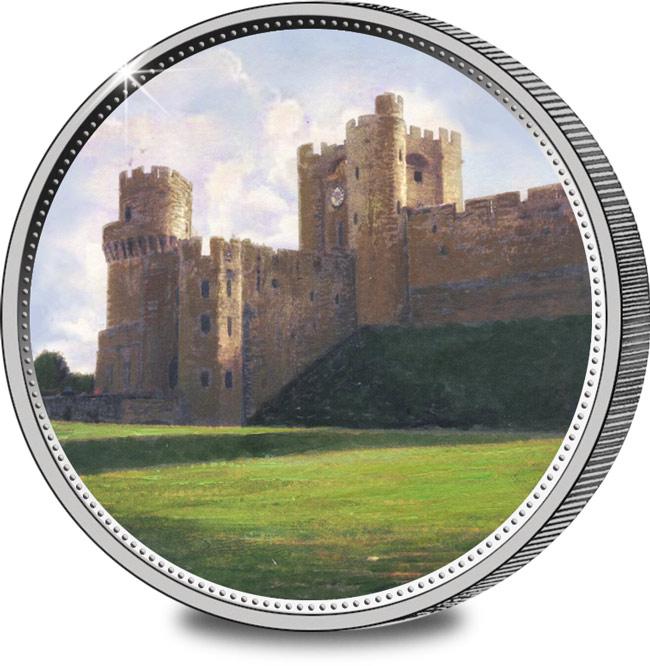-no-button.jpg)
 |
Location: Town of Warwick, Warwickshire, on the
River Avon
Date completed: Originally 1068, frequently modified
thereafter
Designers/builder: William the Conqueror
Function: Former Stronghold, now an entertainment
complex
|
Many people today know Warwick Castle as an historic attraction,
with a host of medieval-themed events and displays, including the
world's most powerful trebuchet (siege catapult), the Flight of the
Eagles, Jousting tournaments and archery displays. The more
scholarly might associate it with Richard Neville, known as
"Kingmaker" during the Wars of the Roses and characterised by
Shakespeare's Queen Margaret (wife of Henry VI) as:
"Peace! Impudent and shameless Warwick, peace;
Proud setter up and puller down of kings. "
Warwick organised the removal of Henry VI in favour of Edward IV
and later the removal of Edward IV in favour of Henry VI. Warwick
was himself killed in 1471 at the Battle of Barnet and his castle
seized by the victor, Edward IV. Edward gave the castle to
his brother George, Duke of Clarence, who was himself executed in
1478 for plotting against the king. His son took the title and the
castle, but was executed in 1499 by Henry VII, for supporting the
pretender, Perkin Warbeck. In 1604 James I granted the castle to
Fulke Greville who, continuing the unfortunate trend of Warwick
Castle occupants, was murdered by a manservant in 1628. His ghost
is said to haunt the premises. The Castle had become dilapidated
but in the 1640s its defences were hastily restored in preparation
for the civil war between Parliament and the Crown. Robert Greville
supported Parliament and in 1642 Royalists unsuccessfully besieged
the castle. Increasingly, Warwick Castle was converted from a
fortification to a country house and from 1749 Capability Brown
redesigned and relaid the gardens. In 1759 the 5th Baron Brook,
Francis Greville, was granted the defunct earldom of Warwick.
Warwick Castle was originally built by William the Conqueror in
1068 and in 1088 Henry de Beaumont was appointed the first Earl of
Warwick. From then on the castle was progressively extended and
strengthened, changing hands frequently, unusually sometime through
the female line. It was home to the Beaumont, Beauchamp, Neville,
Plantagenet, Dudley and Greville families. In 1978 the Tussaud
Group purchased the Castle and have since steadily expanded and
enhanced the visitor attractions.